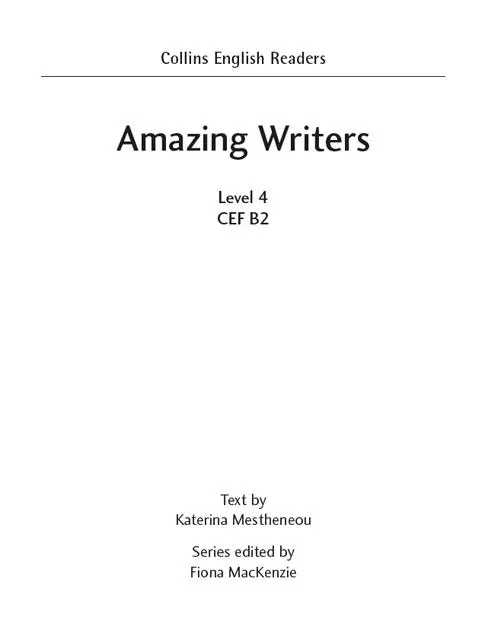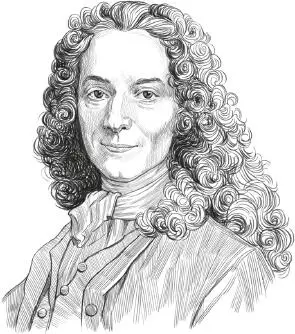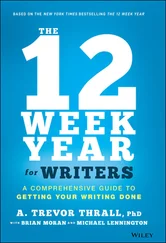
CONTENTS 
Cover
Title Page
Introduction INTRODUCTION Collins Amazing People Readers are collections of short stories. Each book presents the life story of five or six people whose lives and achievements have made a difference to our world today. The stories are carefully graded to ensure that you, the reader, will both enjoy and benefit from your reading experience. You can choose to enjoy the book from start to finish or to dip into your favourite story straight away. Each story is entirely independent. After every story a short timeline brings together the most important events in each person’s life into one short report. The timeline is a useful tool for revision purposes. Words which are above the required reading level are underlined the first time they appear in each story. All underlined words are defined in the glossary at the back of the book. Levels 1 and 2 take their definitions from the Collins COBUILD Essential English Dictionary and levels 3 and 4 from the Collins COBUILD Advanced English Dictionary . To support both teachers and learners, additional materials are available online at www.collinselt.com/readers . The Amazing People Club ® Collins Amazing People Readers are adaptations of original texts published by The Amazing People Club. The Amazing People Club is an educational publishing house. It was founded in 2006 by educational psychologist and management leader Dr Charles Margerison and publishes books, eBooks, audio books, iBooks and video content, which bring readers ‘face to face’ with many of the world’s most inspiring and influential characters from the fields of art, science, music, politics, medicine and business.
The Grading Scheme
Voltaire
Charlotte Brontë
Mark Twain
Jacques Prévert
Ayn Rand
Aleksandr Solzhenitsyn
Glossary
Keep Reading
Copyright
About the Publisher
Collins Amazing People Readers are collections of short stories. Each book presents the life story of five or six people whose lives and achievements have made a difference to our world today. The stories are carefully graded to ensure that you, the reader, will both enjoy and benefit from your reading experience.
You can choose to enjoy the book from start to finish or to dip into your favourite story straight away. Each story is entirely independent.
After every story a short timeline brings together the most important events in each person’s life into one short report. The timeline is a useful tool for revision purposes.
Words which are above the required reading level are underlined the first time they appear in each story. All underlined words are defined in the glossary at the back of the book. Levels 1 and 2 take their definitions from the Collins COBUILD Essential English Dictionary and levels 3 and 4 from the Collins COBUILD Advanced English Dictionary .
To support both teachers and learners, additional materials are available online at www.collinselt.com/readers.
The Amazing People Club ®
Collins Amazing People Readers are adaptations of original texts published by The Amazing People Club. The Amazing People Club is an educational publishing house. It was founded in 2006 by educational psychologist and management leader Dr Charles Margerison and publishes books, eBooks, audio books, iBooks and video content, which bring readers ‘face to face’ with many of the world’s most inspiring and influential characters from the fields of art, science, music, politics, medicine and business.
 THE GRADING SCHEME
THE GRADING SCHEME 
The Collins COBUILD Grading Scheme has been created using the most up-to-date language usage information available today. Each level is guided by a brand new comprehensive grammar and vocabulary framework, ensuring that the series will perfectly match readers’ abilities.
|
|
CEF band |
Pages |
Word count |
Headwords |
| Level 1 |
elementary |
A2 |
64 |
5,000–8,000 |
approx. 700 |
| Level 2 |
pre-intermediate |
A2–B1 |
80 |
8,000–11,000 |
approx. 900 |
| Level 3 |
intermediate |
B1 |
96 |
11,000–15,000 |
approx. 1,100 |
| Level 4 |
upper intermediate |
B2 |
112 |
15,000–19,000 |
approx. 1,700 |
For more information on the Collins COBUILD Grading Scheme, including a full list of the grammar structures found at each level, go to www.collinselt.com/readers/gradingscheme.
Also available online:Make sure that you are reading at the right level by checking your level on our website ( www.collinselt.com/readers/levelcheck).

1694–1778
the French writer who believed in social and religious freedom

All through my life, one thing was important to me and that was freedom. Freedom to belong to any religion, freedom to work and earn a living, and most importantly, freedom of speech. I always said and wrote exactly what I thought.

I was born in Paris, France on 21 stNovember 1694 and I was the youngest of five children. My parents named me François-Marie and although my family name was Arouet, later as a writer, I chose the name Voltaire and that is how I am still known. My father, François Arouet was a public official, a lawyer, and my mother, Marie Marguerite d’Aumart, who died when I was 7 years old, came from an aristocratic family. Even though my father was considered to be upper-middle class and not part of the aristocracy, we lived well and did not have any financial problems. When I was 10 years old, in 1704, I started going to school at the Collège Louis-le-Grand . Here I was educated by Catholic priests and I discovered that I loved literature, theatre and writing, especially writing poetry and plays. From an early age I knew I wanted to become a professional writer. My father had other ideas – for some reason he did not want his son to follow a literary career – and so I was not allowed to continue studying what I loved. Instead, my father wanted me to become a lawyer and in 1711, when I left school, he found me a job in Paris as an assistant to a notary – a type of lawyer.
However, instead of learning about the law, I spent my time secretly studying and writing poetry. When I wasn’t writing, I spent my time with friends. I soon found out that I was able to write in a way that amused people and I wrote funny poems about well-known people – poems that often lacked respect and were sometimes even rude. When my father discovered what I was really doing, he was furious. He was angry, not only because I had lied to him but also because he did not approve of my friends. In 1713, he sent me away to Caen in Normandy to study law.
Читать дальше
















